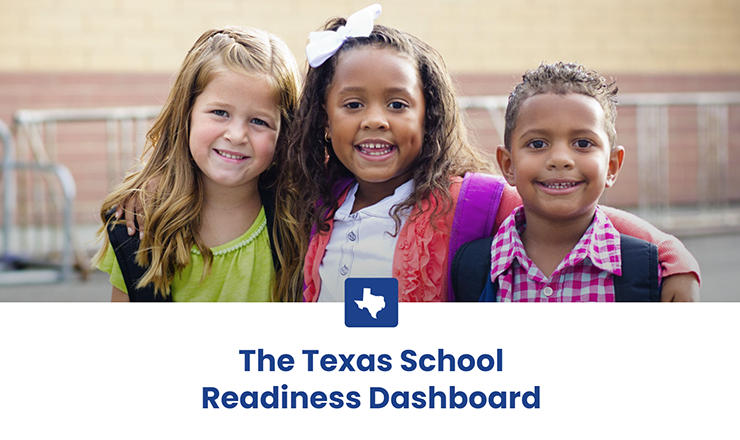CHILD CARE HIRING AND RETENTION CHALLENGES DRIVEN BY LOW PAY
Press Contact: Molly Kramer, 615-343-8948, molly.m.kramer@vanderbilt.edu
Today, we are excited to release the third of four briefs from the Child Care in Crisis: Texas Case Study series. The newest brief focuses on instability in the child care industry. In a representative statewide survey, child care program directors overwhelmingly point to hiring and retaining high-quality early childhood educators as their biggest challenge (with 97% reporting major hiring challenges). Directors identify low industry pay as the root cause behind staffing challenges.
The new brief, Child Care Hiring and Retention Challenges Driven by Low Pay, describes broad agreement among directors that wages are too low to attract high-quality staff (77%) but that paying educators what they deserve would mean raising tuition (80%). Understaffed child care programs cannot operate at full licensed capacity, limiting access to child care for families. And inability to access child care can drive parents out of the workforce, resulting in reduced household income for families and reduced profit and productivity for businesses.
“Child care operators already struggled before the pandemic. Now the industry faces a full-blown crisis, and Texas families and businesses are being asked to absorb the costs. Solving this problem requires bold action,” said Dr. Cynthia Osborne, Executive Director of the Prenatal-to-3 Policy Impact Center and Professor of Early Childhood Education and Policy at Vanderbilt’s Peabody College.
The briefs were developed as part of the Prenatal-to-3 Policy Impact Center’s work with the Texas Workforce Commission to develop Workgroup Recommendations to Inform the 2022 Child Care Workforce Strategic Plan, in accordance with Texas House Bill 619 of the 87th Legislature of Texas. To develop the report, the Prenatal-to-3 Policy Impact Center conducted a landscape scan of best practices in Texas and other states, designed and administered a survey of child care directors, and convened a workgroup of 27 Texas child care experts.
To read the Child Care in Crisis: Texas Case Study research briefs, visit this page.



